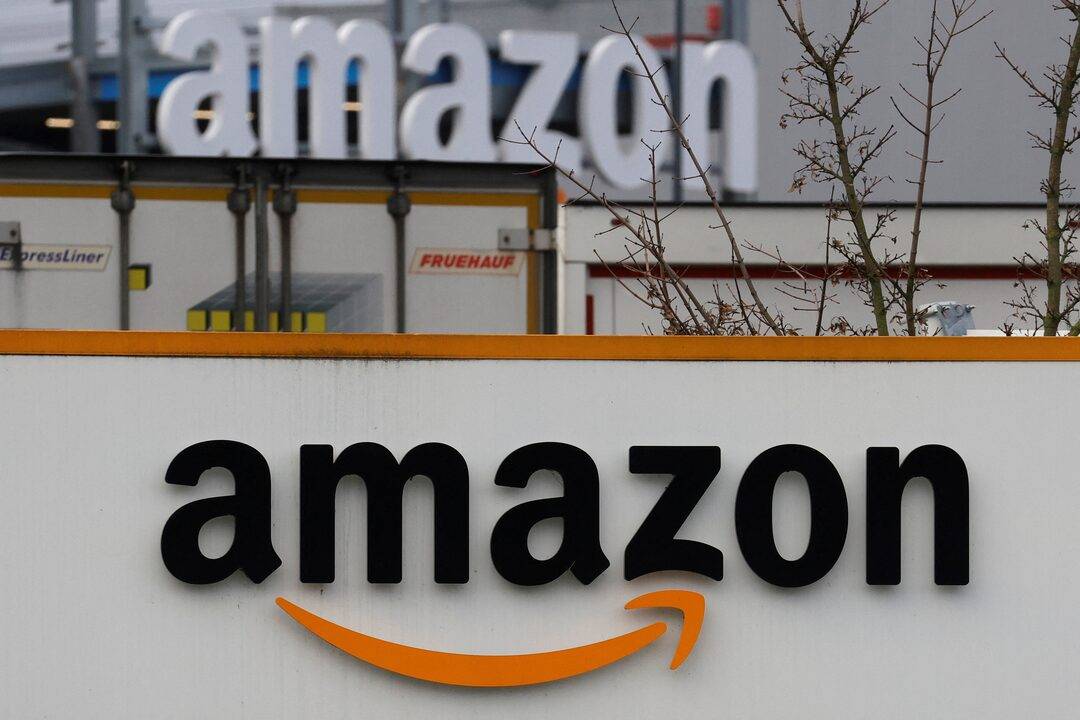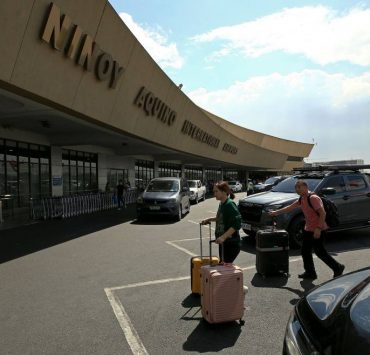Amazon, other US companies in crosshairs on warehouse safety

LOS ANGELES—After a particularly grueling shift lifting heavy boxes in an Amazon warehouse in New York State, Keith Williams’ hands and wrist stopped working—when he woke up the next day, he could barely grasp a milk jug.
Williams blames the injury in February last year on the breakneck pace of work at the Amazon facility, which he said the company enforced by precisely measuring his productivity and pushing him to work faster.
“If you don’t scan a box fast enough, you end up on a list,” said William, who is working to unionize his warehouse with the Teamsters. “It was just too much for my body to endure.”
Such injuries motivated lawmakers in Washington, DC to introduce the Warehouse Worker Protection Act (WWPA), a sweeping federal bill that would, among other things, closely regulate productivity targets in the warehousing industry.
The sector is one of the fastest growing in the country, employing nearly 2 million Americans.
But companies are “treating workers like they are disposable,” Massachusetts Sen. Ed Markey, the bill’s sponsor, told the Thomson Reuters Foundation.
“Workers deserve consistent, reliable standards that ensure basic safety, dignity and respect in the workplace,” he said.
Markey’s bill, which mirrors more than a dozen similar proposals in US states, requires companies to tell employees what their quota or productivity targets are, as without knowing what is expected of them, workers can feel pressured into working harder and faster.
The bill also bars employers from holding workers to standards that regulators determine put their safety at risk.
The US Chamber of Commerce business association opposes the bill, which it says places too onerous a burden on the warehousing sector.
“This is intrusive micromanagement from the federal government,” Marc Freedman, vice president of workplace policy at the chamber, said in an interview.
Freedman said warehouses already aimed to keep their workers safe, and that it was improper for regulators to tell companies how they should monitor and enforce productivity.
In June, California levied the largest ever penalty under its version of the law—a nearly $6-million fine against e-commerce giant Amazon—citing the company for failing to disclose productivity targets as required by the law.
Similar fines have been leveled against discount retailer Dollar General, and food distributor Sysco.
Amazon, which is appealing the fine, disputes the notion that it has quotas in its warehouses.
“Nothing is more important than our employees’ health and safety,” spokesperson Maureen Lynch Vogel said in a statement.
Amazon said only a very small number of workers were let go because of performance issues, and that workers were free to discuss expectations with their managers.
Warehouse boom
Fueled by an explosion of e-commerce and delivery, the number of jobs in the warehousing sector has nearly tripled over the last decade to nearly 2 million, according to data published by the Federal Reserve.
But it is dangerous work, with an injury rate more than double that of an average workplace.
Advances in monitoring technology and analytics give companies more tools to push workers to the brink of what is safe, said Jordan Barab, a former senior official with the federal Occupational Safety and Health Administration.
“With productivity algorithms you find out all sorts of sophisticated ways to make workers work faster, even if it’s less safe,” he said.
Introduced in 2021, California’s warehouse law, known as AB 701, was designed to take on these developments, requiring warehouses to disclose performance targets to workers directly and empowering regulators to intervene if they are unsafe.
“There’s no pause button. There’s no stopping. You have to keep making the rate,” said Nanette Plascencia, a worker and labor organizer at the ONT8 warehouse in Moreno Valley, one of the facilities cited by California regulators.
“And if you slow down because you’re hurting badly, it’s still ultimately going to be your fault.”
Amazon said it had made progress in bringing down its injury rates and that workers could check their performance at kiosks in their facilities.
It said the nature of work in its warehouses was being mischaracterized. “This isn’t how performance expectations work at Amazon. Our approach ensures everyone is on equal footing and their performance evaluation is insulated from things outside of employees’ control—like changes in the business, inventory, freight mix, or seasonal impacts,” Lynch Vogel said.
With strong backing from union groups, which are trying to unionize Amazon warehouses across the country, variations of AB 701 have been taken up by other states, with similar laws passed in New York, Washington State, Oregon and Minnesota. Representative Emma Greenman, who helped spearhead the law in Minnesota, said the quota regulations were necessary for workers’ safety.
“One of the things that was getting people hurt was not knowing and speeding up to this opaque—felt pretty Orwellian—idea that, I don’t know if I’m going to be punished because I don’t really know what standard I’m being held to until I’ve not done it and I will be disciplined or fired,” she said.
Reuters, the news and media division of Thomson Reuters, is the world’s largest multimedia news provider, reaching billions of people worldwide every day. Reuters provides business, financial, national and international news to professionals via desktop terminals, the world's media organizations, industry events and directly to consumers.

















